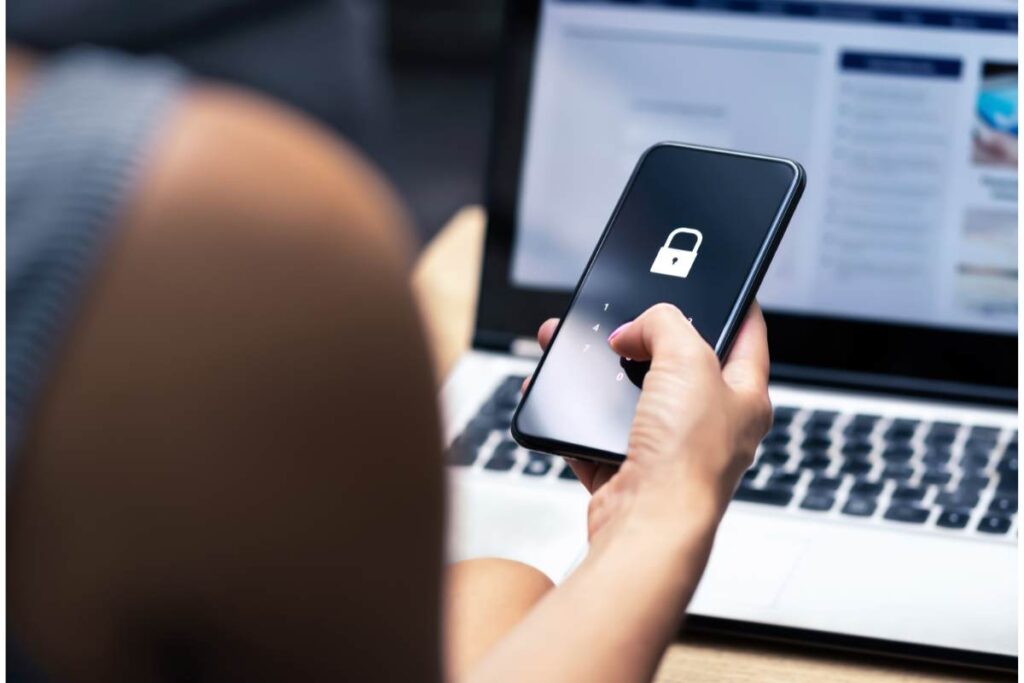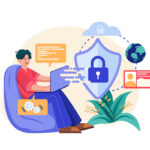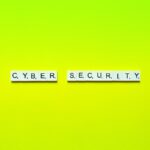Tips for Students on Cybersecurity and Online Safety
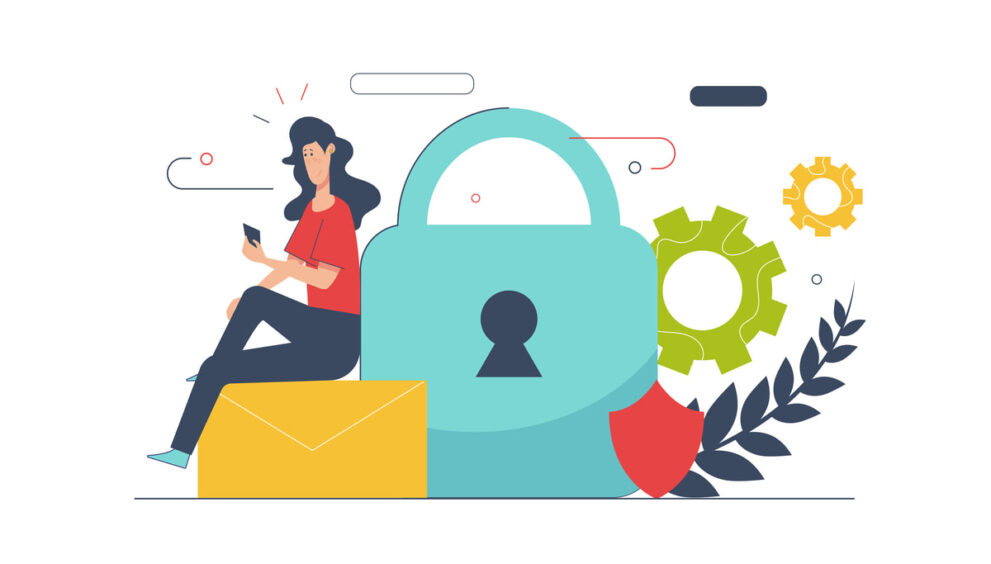
You probably have a lot of personal data on your devices and in the cloud if you’re a student. As a result, you become a target for hackers who want to take your data.
Knowing the most recent cyber security dangers and taking precautions to secure your devices and data is essential for your protection.
The following advice will help you stay secure online:
1. Employ secure passwords
Choose secure, difficult-to-guess passwords when setting up your internet accounts. A strong password must have a combination of uppercase and lowercase letters, numbers, and special characters and should be at least eight characters long.
2. Avoid reusing passwords.
It’s crucial to have unique passwords for each account. Only one account will be accessible if a hacker can obtain your password.
3. Implement two-factor authentication.
Two-factor authentication adds security by requiring you to input your password and a code from your phone or another device. Even if someone knows your password, it is far more difficult for thieves to access your account.
4. Maintain software updates
Ensuring your software is up to date is one of the best methods to safeguard your devices from cyberattacks. Cybercriminals frequently use security flaws in out-of-date software to access devices and data.
5. Watch what you click.
Be careful what you click on when perusing the internet. Avoid opening attachments or links from sources you don’t know since they can be dangerous.
6. Employ a safe VPN
Your internet traffic is encrypted by a VPN (virtual private network), which prevents others from seeing what you are doing online. It is particularly crucial while accessing public Wi-Fi networks because they frequently lack security.
7. Make a data backup.
Regularly backing up your data will protect it if your devices are stolen or misplaced. In this manner, you can still access your crucial files even if your devices are compromised.
How Important Cybersecurity Is
The significance of cyber security is becoming increasingly clear as the world moves online. Everyone must take the required precautions to safeguard themselves from potential cyber threats, given the volume of sensitive and personal data that is now stored online.
Everyone can take several actions to increase their cyber security, but in this article, we’ll concentrate on three crucial areas:
- Create secure passwords and avoid reusing them.
- Use caution when clicking.
- Maintain software updates
1. Create secure passwords and avoid reusing them.
Using strong passwords is one of the easiest and most efficient ways to increase cyber security. A password is at least eight characters long and combines capital and lowercase letters, digits, and symbols are considered strong. Useless words like your name, birth date, or pet’s name should be avoided.
Passwords should never be used again. A hacker will attempt to access other accounts with your password if they can get it for one account. It is considerably more difficult for hackers to access your critical information if you use unique passwords for each account.
2. Use caution when clicking.
Being cautious when you click is another approach to increasing your online security. A malicious link or attachment in an email is the origin of many cyberattacks. Never open an email from a sender you don’t recognize or with a dubious subject line. Do not open an email from a familiar sender if the message sounds strange.
It’s also crucial to exercise caution when selecting links to click on, even if they originate from a reliable source. Hackers can insert malicious links into emails, social media posts, and websites. You should see the URL to which a link will take you if you hover your mouse over it. Avoid clicking on any URLs that seem dubious.
3. Maintain software updates
Maintaining updated software is a crucial step to increasing your cyber security.
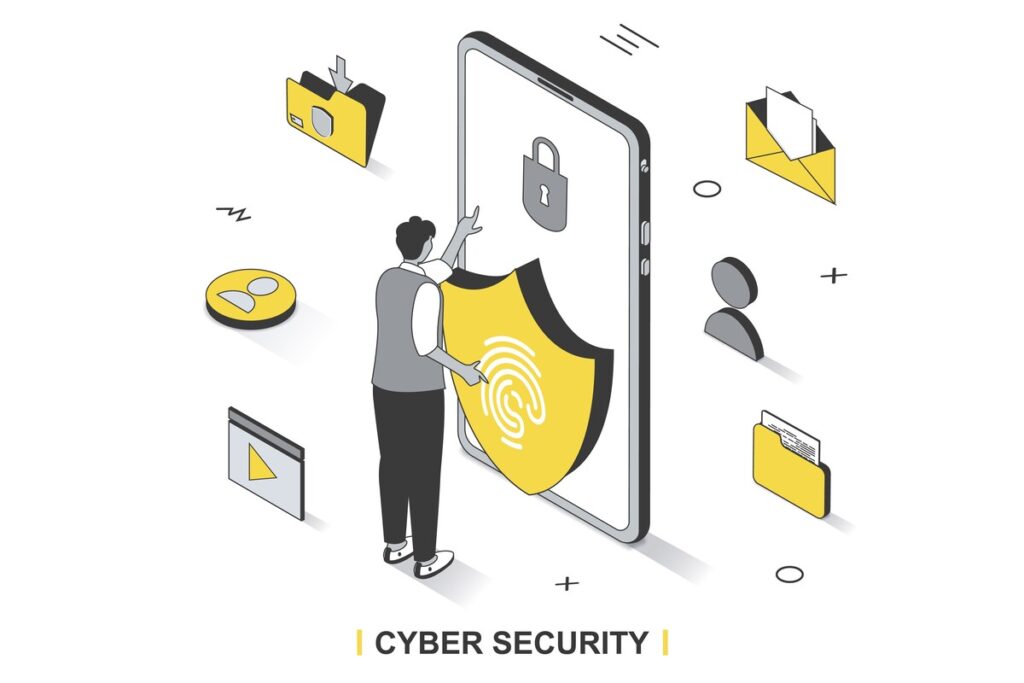
Crucial Advice for Students on Cybersecurity
Technology has completely changed the way we work, play, and live. It has also given fraudsters additional ways to access our personal information. Therefore, it’s more crucial than ever to be aware of the threats associated with cyber security and to take precautions to keep oneself safe.
Here are four crucial pieces of advice for students on online safety:
1. Make secure passwords, and don’t use the same one twice.
One of the most crucial things you can do to safeguard your internet accounts is to create strong passwords. A strong password has a minimum of eight characters and comprises a combination of capital and lowercase letters, numbers, and symbols. Refrain from using easily guessed words like your name, birthday, or preferred sports team.
Use unique passwords only. A hacker will attempt to access other accounts with your password if they get it for one account. It is more difficult for hackers to access your critical information if you use different passwords for each online account.
2. Exercise caution when posting things online.
Be cautious when posting things online. Anything placed online remains there indefinitely. Consider how potential employers, academic institutions, or scholarship committees would see your posts. Would what you posted be acceptable to them? Only post it if it is.
Be mindful of the information you share online as well. Publicly sharing personal information, such as your home address or phone number, is not recommended. Don’t friend somebody you don’t know just yet. Hackers can exploit social media to gather personal data about you that they can use to perpetrate fraud or steal your identity.
3. Utilize privacy controls.
Most social media platforms allow you to manage who can see your postings through privacy settings. Using these options, you can restrict who can see your posts to those you know and trust. On Facebook, for instance, you can decide whether you want your posts to be accessible to everyone or just to your friends.
4. Always update your software.
Exploiting software security flaws is one method used by hackers to access users’ private data.
Conclusion
You can do several things as a student to keep yourself secure online. Ensure you have a solid and distinctive password for your online accounts before anything else. Use different passwords for each account, and avoid using obvious phrases like your name or birthdate. As an alternative, blend letters, numbers, and symbols to make a password that would be challenging to decipher.
You should be aware of the risks that are there online in addition to using secure passwords. There are many malware applications and frauds out there that can infect your computer with viruses or steal your personal information. Be cautious with your clicks, and avoid downloading anything from shady websites. Only click on something if you’re sure about it. Always err on the side of caution.
Finally, check that your machine is running a reliable antivirus program. By doing this, you can defend your computer from potentially harmful software. You don’t need to pay much for a strong antivirus program because many excellent free options are available.
You can protect yourself from the numerous online risks by paying attention to these pointers. Never lose focus, and never let your guard down.



